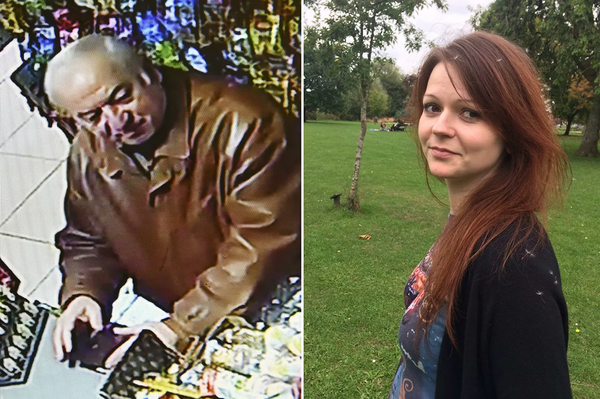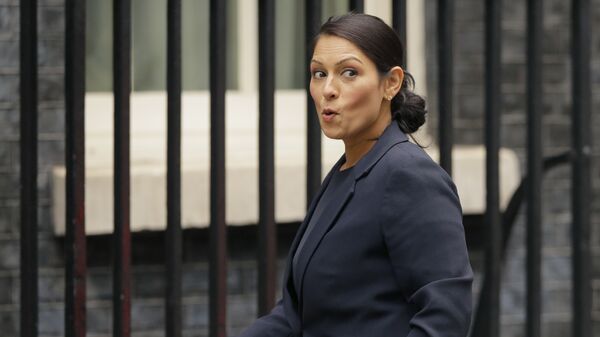The UK Border Force, police and MI5 has been given new powers to stop, search and detain people suspected of being engaged in "hostile state activity."
Home Secretary Priti Patel said on Thursday, 13 August: "The threat posed to the UK from hostile state activity is growing and ever changing. These new powers send a very clear message to those involved in it that this government has zero tolerance for those acting against British interests.”
— Home Office (@ukhomeoffice) August 13, 2020
The House of Commons and House of Lords’ Joint Committee on Human Rights, in scrutinising the new powers, said: "The definition of ‘hostile act’ is extremely wide and there is no threshold test required before a person is detained and examined. Individual officers could simply act on a 'hunch'. This is not in itself inadequate, but it is nevertheless troubling given the breadth of the power."
Ms Patel made no mention of another aspect of the new measures - the power to seize and make copies of materials including “journalistic, legally privileged, human tissue and commercial material held in confidence”.
— Craig Murray (@CraigMurrayOrg) August 13, 2020
In 2013 Guardian journalist Glenn Greenwald’s boyfriend David Miranda was arrested at Heathrow airport while the reporter was investigating the Edward Snowden affair. He was detained for nine hours but his mobile phone, laptop, camera, memory sticks, DVDs and games consoles were all confiscated.
Under Schedule 7 to the Terrorism Act 2000 officers have been allowed to stop, question, search and detain a person at a UK port or at the Northern Ireland border “to determine whether they are or have been involved in terrorism”.
Under Schedule 3 of the Counter-Terrorism and Border Security Act 2019 this same power now extends to anyone perceived as “hostile state actors.”
The new measures are said to be partly in response to the alleged attempted assassination of former Russian agent Sergei Skripal in 2018.

The British government claims two Russian agents, Alexander Petrov and Ruslan Boshirov, came to Britain and travelled to the city of Salisbury in the west of England where they allegedly deployed a Novichok nerve agent.
Mr Skripal and his daughter Yulia were hospitalised but survived but a British woman, Dawn Sturgess, died after reputedly finding a perfume bottle in a rubbish bin which turned out to contain Novichok.
Moscow has denied any involvement in the incident.
The measures introduced on 13 August were outlined in counter-terrorism and border security legislation passed last year. Their use is subject to oversight by the Investigatory Powers Commissioner's Office.
Last month a long-awaited report into alleged Russian interference in Britain was released but it contained no firm evidence and was drawn up with the assistance of supposedly “independent” experts included Bill Browder - a US businessman who is wanted in Russia on charges of fraud and money laundering - and Christopher Steele, a discredited former MI6 agent who has accused President Donald Trump of conspiring with Russia in 2016.
The report claims: "Since Putin came to power in 1999, a number of critics of Putin and the Russian government have sought sanctuary in the UK, fearing politically motivated criminal charges and harassment.They are of interest to the Russian Intelligence Services, which may seek to target them in a number of ways."


